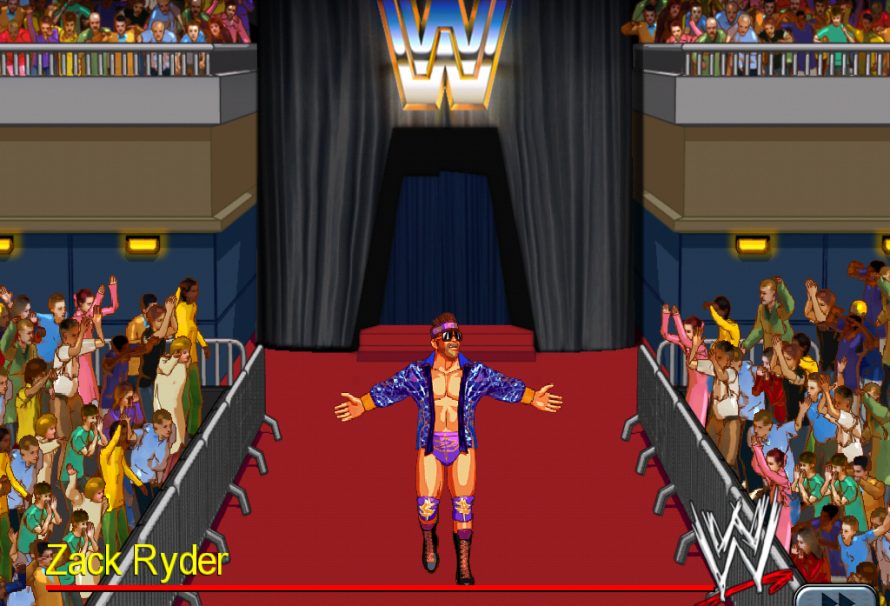


WWE WRESTLEFEST GAME PRO
TV ratings tell the tale: the average viewer of pro wrestling is closer to their own final three-count than they are the opening bell. Unfortunately, if you’re old enough to remember WrestleFest, you’re basically the target demo for pro wrestling today. This is ancient history as far as the entertainment business goes, and it’d be logistically unlikely for many people under the age of 30 to remember that era. Almost every wrestler on its roster was done as an in-ring wrestler for WWF by 1994. If you’re nostalgic for those games in their original state, though, and for the era of WWF that they represent, you probably are middle-aged, at the least. Maybe you’ve played it on a MAME cabinet or through computer emulation. Perhaps you played an old arcade machine at a local game room or restaurant. You don’t have to be in your 30s or 40s to be familiar with WrestleFest. In the process, though, it exposes one of the major problems facing pro wrestling today: its audience is old as hell. RetroMania does exactly what it set out to do: revive a cult classic wrestling game that never really had a faithful home version. It looks like WrestleFest, it plays like WrestleFest, and it has a roster of wrestlers who are cult favorites with the kind of fans obsessive enough to remember WrestleFest, so the “official sequel” moniker fits. The rest of the roster features a combination of indie wrestling stars, former WWE names, and two territorial stars from the ‘80s, Nikita Koloff and Austin Idol. RetroMania doesn’t have the WWE license, of course, but it does feature two stars of WrestleFest: the tag team best known as The Road Warriors, who appeared in WWF in the ‘90s as The Legion of Doom, and who were effectively the final bosses in WrestleFest. Now, over three decades after Superstars first came out, Retrosoft Studios has released a game that it’s promoting as an official sequel to WrestleFest. As arcades died throughout the ‘90s and ‘00s, Superstars and WrestleFest became increasingly hard to find, and that scarcity, combined with the nostalgia for their childhood that wrestling fans would naturally feel as they grew older, fostered a yearning for the games. The WWF console games of the time couldn’t replicate their distinctive art style or control scheme, so these games never escaped the arcades. It’s an intentional homage to WWF’s arcade games from the late ‘80s and early ‘90s, WWF Superstars and WWF WrestleFest, which were popular quarter-eaters during the latter half of WWF’s Hulkamania era. RetroMania Wrestling, which is now out for the Switch and PC, takes its name seriously.


 0 kommentar(er)
0 kommentar(er)
